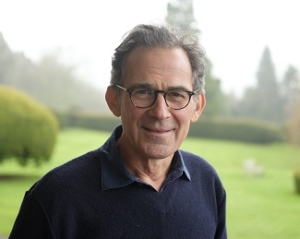Notice that you are aware of whatever you are experiencing. If you are having a thought, you are aware of it. If you are reading these words, you are aware of them. If you have a headache, you are aware of the sensation. If you are perceiving sights and sounds, you are aware of them.
See in this way that being aware, or awareness itself, accompanies all experience. Being aware or awareness itself is the common element in all experience. Everything we know or are aware of changes, but knowing, or being aware, remains the same throughout all experience.
See that no other element of your experience is continuous. All thoughts, images, feelings, sensations and perceptions appear and disappear, but knowing or being aware remains present throughout. It never undergoes any change. The known always changes, but knowing never changes.
The common name for knowing or being aware is ‘I’: I know my thoughts, I am aware of feelings and sensations, I experience perceptions. ‘I’ is the common name for the knowing, experiencing or aware element in all experience. As such, ‘I’ is nothing that we are aware of; it is simply the experience of being aware itself.
Most of us are so fascinated by objective experience — thoughts, images, feelings, sensations and perceptions — that we seldom, if ever, notice the experience of simply being aware. In fact, most people go through their entire lives without ever becoming aware of the knowing with which all knowledge and experience are known.
But without knowing or being aware there would be no knowledge or experience. As such, knowing, being aware or awareness itself is the most important element of experience. It is that which renders experience knowable, just as the sun, relatively speaking, renders the world visible.
Be interested in the knowing with which all experience is known. In other words, be aware of being aware. That is the essence of meditation or prayer.



